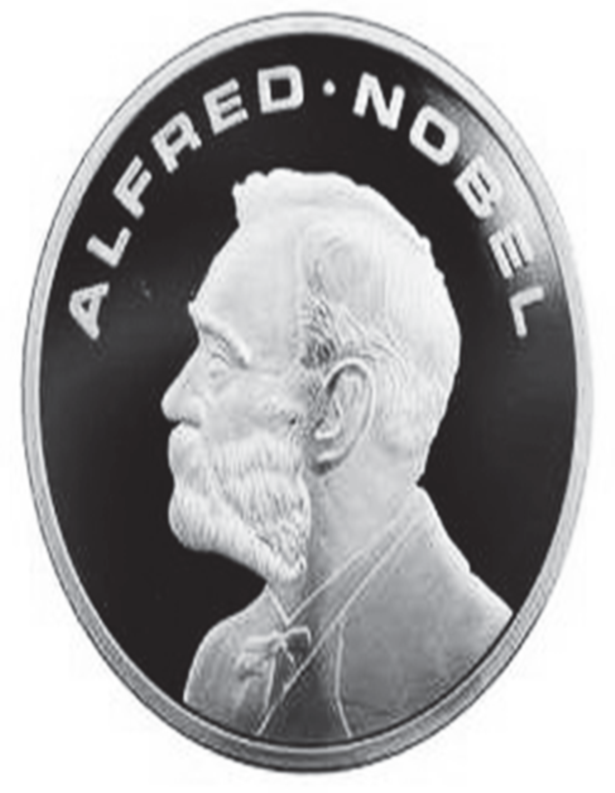
“微信扫一扫”进入题库练习及模拟考试
九年级上学期期末考试英语试卷集(434题)
What comes to your mind when thinking about the Nobel Prize? “They must be about great things that we ordinary people don't have the chance to see,” some of you will say. But in 2016, it showed the difference.

Three scientists from France, the UK and Holland won the Nobel Prize for Chemistry. They made the world's smallest machines. They are a thousand times thinner than hair.
The invention will open a whole new world for us. Here's an example.
When we get sick, we go to the hospital and have lots of tests. The doctor needs to find out why we are sick. Thanks to this Nobel Prize winning research, doing that will be easier in the future.
A doctor could put a tiny robot into our body. It could search for the illness and send the medicine right there.
This year's winner of the Nobel Prize for Medicine is from Japan. He also looks at small things. He found that cells (细胞) can break down old ones and use the useful parts to make new cells, or fight off viruses (病毒).
How smart our body is! Scientists hope this new finding could help prevent (预防) a lot of illness.
The Japanese scientist also gave some advice to the teenagers. “I'd like to tell young people that not all can be successful in science, but it's important to have a try,” he said.
Which of the following is NOT true about “self eating” cells?
A.They can prevent lots of illness.
B.A Japanese scientist found them.
C.They can break down old cells.
D.They use the useful old parts to make new cells.
知识点:阅读理解
参考答案:A